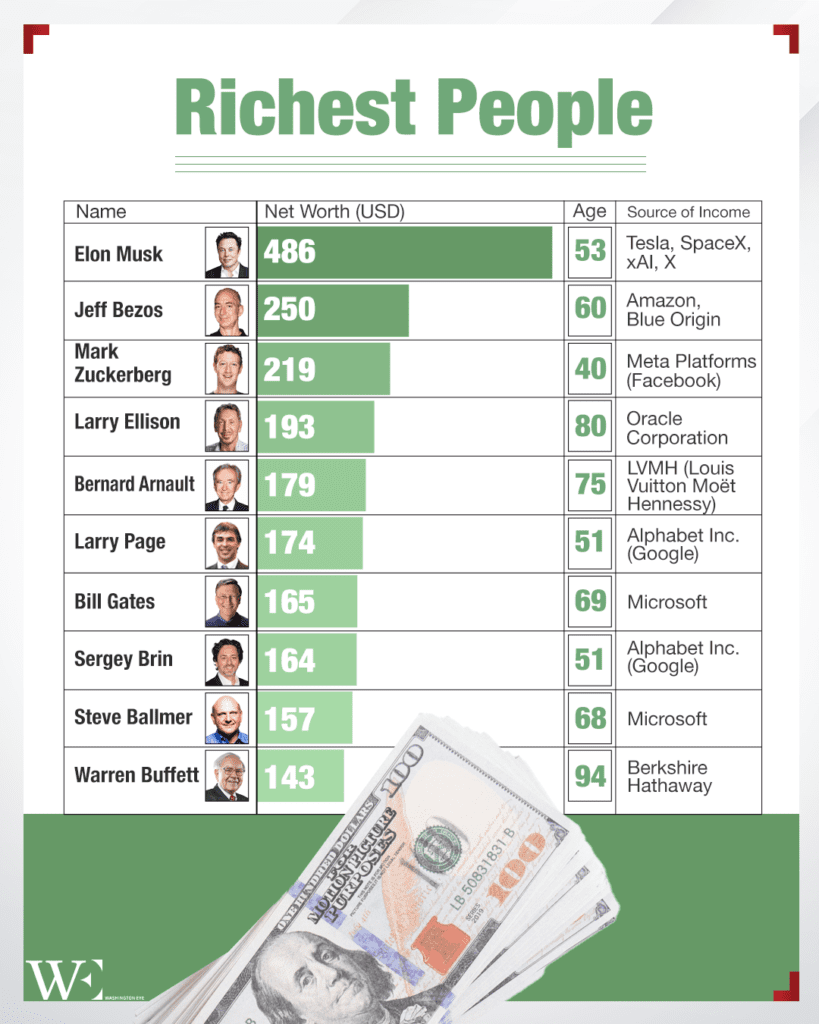As President Joe Biden’s farewell letter reverberates across the political spectrum, one warning stands out: his cautionary note that former President Donald Trump’s actions are steering the United States toward an oligarchic state. This forewarning invites us to examine the broader historical trajectory of oligarchies and ask whether the world is, in fact, revisiting an era of concentrated power and influence.
A Historical Perspective on Oligarchies
Oligarchies, characterized by power concentrated in the hands of a few, are not a modern phenomenon. Ancient societies like Sparta operated under a dual kingship and a ruling council of elders, ensuring that a small elite held control over decisions impacting the entire community. Similarly, the Roman Republic, while celebrated for its early democratic elements, was dominated by patrician families whose wealth and lineage granted them disproportionate influence over governance.
The Renaissance Italian city-states offer another example, where powerful families like the Medicis in Florence wielded significant political and financial power. Their influence stretched beyond borders, shaping arts, culture, and alliances while sidelining broader civic participation.
Fast forward to the 20th century, concerns over oligarchic tendencies emerged prominently during Dwight D. Eisenhower’s presidency. In his farewell address, Eisenhower warned of the rise of a “military-industrial complex,” a powerful alignment of defense contractors and government interests that could unduly influence public policy. His warning was echoed in later decades as defense spending soared, and corporate influence seeped into areas like foreign policy and electoral campaigns.
Today’s Landscape: A Revival of Oligarchs?
In today’s world, the specter of oligarchy looms large across various nations. In Russia, a well-documented oligarchic system ties immense wealth and political influence to figures loyal to the Kremlin. Oligarchs like Roman Abramovich and Alisher Usmanov have wielded their fortunes not just to amass personal power but to bolster state objectives, intertwining economic and political agendas to secure their standing.
In the United States, a different form of oligarchy appears to be emerging. The growing influence of billionaires in politics is evident through individuals like Elon Musk, Jeff Bezos, and the Koch brothers, who have used their wealth to shape policy and public opinion. Super PACs and political donations enable the ultra-wealthy to exert a disproportionate influence on elections, often prioritizing issues that serve their interests over the public good. The landmark Citizens United v. FEC decision in 2010 further exacerbated this trend by allowing unlimited corporate spending in elections, effectively giving the wealthiest Americans a louder voice in the democratic process.
On a broader scale, multinational corporations and their leaders increasingly dictate global priorities. Technology giants like Meta (formerly Facebook) and Alphabet (Google’s parent company) have been accused of monopolistic practices while influencing information flows, privacy policies, and even elections. The financial sector, too, plays a role; during the 2008 financial crisis, government bailouts for major banks highlighted how the interests of a few could dominate the needs of the many.
Meanwhile, in developing nations, economic inequality and corruption have enabled small elites to consolidate power. For instance, in many African and Latin American countries, resource wealth is concentrated among political and business leaders, leaving the broader population disenfranchised. This pattern mirrors the feudal systems of old, where landowners controlled the livelihoods of their subjects.
The Role of Economic Inequality
Economic inequality plays a pivotal role in fostering oligarchic structures. When wealth is disproportionately distributed, the wealthy gain outsized influence over political decisions, often shaping laws and policies to protect their interests. This feedback loop marginalizes the majority, weakening the essence of representative democracy. Technology and globalized markets, while transformative, have exacerbated this trend, creating new “technocratic elites” who dominate industries from social media to artificial intelligence.
Final Remarks: A Crossroads Moment
As we reflect on Biden’s cautionary farewell, the parallels between historical and contemporary oligarchic tendencies become undeniable. The United States and other democracies stand at a crossroads. The choices made today—whether to uphold inclusive governance or allow power to consolidate further—will shape the trajectory of global politics for generations to come. Addressing the underlying issues of inequality, transparency, and accountability is not just a challenge but a necessity to prevent a return to the oligarchies of the past.















